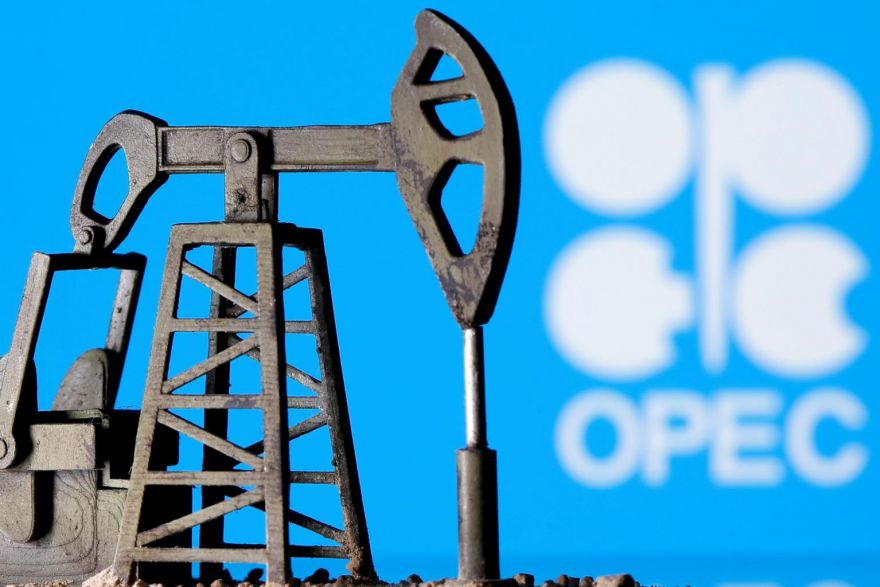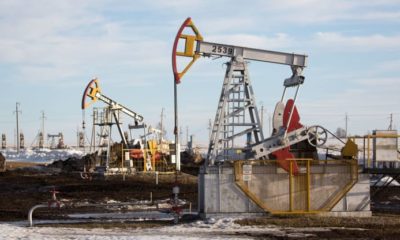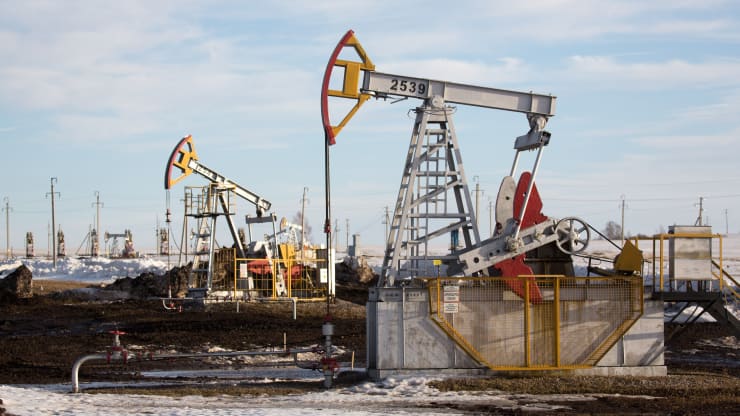Nigeria’s oil sector is set to witness a massive influx of investments, with projections ranging between $18 and $20 billion, as various projects gain momentum and investor confidence reaches new heights.
Previously abandoned initiatives are being revived, and delayed ventures are rapidly progressing, attracting significant attention and trust from both domestic and international investors.
This surge in interest can be attributed to improved terms and conditions, as well as the recent implementation of regulatory reforms within the industry.
Revitalized Projects Garner Investor Confidence
Prominent projects such as the Agbami gas project and ExxonMobil’s Owowo field have become focal points of renewed investor commitments, paving the way for substantial foreign direct investments.
Bala Wunti, the Group General Manager of Nigerian Upstream Investment Services, expressed optimism regarding the Agbami gas project, which is expected to draw in significant billions of dollars in foreign investments.
Also, the Owowo project, previously frozen by ExxonMobil, has been revitalized following the introduction of the Petroleum Industry Act (PIA) and the removal of the Production Sharing Contract. As a result, Nigeria’s oil sector foresees an unprecedented inflow of investments in the neighborhood of $18 to $20 billion by the end of next year.
PIA: Catalyst for Positive Change
After enduring years of delays, the Nigerian government successfully passed the Petroleum Industry Act, which has played a pivotal role in creating a more favorable investment climate.
The act has ushered in enhanced regulatory and fiscal terms, particularly benefiting onshore fields that had been grappling with challenges such as crude theft, sabotage, and community unrest.
These improved conditions have instilled confidence in investors, motivating them to reevaluate their investment decisions and breathe new life into long-awaited projects.
Regulatory Reforms Boost Investor Confidence
To bolster investor confidence further, the Nigerian Upstream Regulatory Commission (NUPRC) has undertaken a series of regulatory reforms.
Gbenga Komolafe, the CEO of NUPRC, highlighted the commission’s commitment to implementing groundbreaking regulations on measurement, aiming to address the issue of measurement inaccuracies that have contributed to substantial crude oil losses in Nigeria’s petroleum industry.
This strategic step toward more accurate measurement is poised to increase overall profitability for businesses operating in the sector.
Challenges Persist, but Progress is Evident
Despite significant progress, challenges within Nigeria’s oil sector persist. Operators stress the importance of stability, minimal regulatory risks, assured funding, ethical compliance, security, and adherence to clear and stable rules.
Nigeria’s rankings in these areas remain areas of concern, with pervasive insecurity in the Niger Delta and the ongoing issue of oil theft. Operators emphasize the need for sustained efforts to minimize regulatory risks and prevent disruptions in production caused by community agitation. Addressing these challenges will be crucial in maintaining investor confidence and attracting sustained investments.
Promoting Long-Term Value Creation
Industry leaders recognize the importance of prioritizing projects that have the potential to be game-changers and provide deliberate incentives for their successful implementation.
Notably, the Nigerian Liquefied Natural Gas (NLNG) project serves as a shining example, having delivered substantial dividends to the Nigerian government over the years.
Instead of pursuing short-term gains through excessive signature bonuses, Nigeria should focus on incentivizing projects that can generate significant long-term value.
Awaiting Investment Decisions
While many projects are gaining traction, several others in Nigeria are still awaiting investment decisions.
Noteworthy projects in this category include the Zabazaba-Etan project (120,000 bpd), Bosi project (140,000 bpd), Satellite Field development phase two (80,000 bpd), Uge project (110,000 bpd), Nsiko deepwater project (110,000 bpd), and the Owowo field developments with a reserve of 1 billion barrels. The outcomes of these investment decisions will significantly shape the trajectory of Nigeria’s oil sector.
As Nigeria’s oil sector enters this transformative period, expectations are high for a massive inflow of investments, signaling a positive shift in the industry’s outlook. The implementation of the Petroleum Industry Act, combined with improved terms and regulatory reforms, has reinvigorated investor interest in previously neglected and delayed projects.
While challenges persist, the industry is making notable progress in addressing security concerns, regulatory risks, and community agitation. With strategic decision-making and continued reforms, Nigeria’s oil sector is poised to unlock its full potential and establish itself as a major player in the global energy landscape.

 Naira4 weeks ago
Naira4 weeks ago
 Naira4 weeks ago
Naira4 weeks ago
 Travel4 weeks ago
Travel4 weeks ago
 Naira3 weeks ago
Naira3 weeks ago
 Jobs4 weeks ago
Jobs4 weeks ago
 Naira4 weeks ago
Naira4 weeks ago
 Investment4 weeks ago
Investment4 weeks ago
 Travel4 weeks ago
Travel4 weeks ago


























